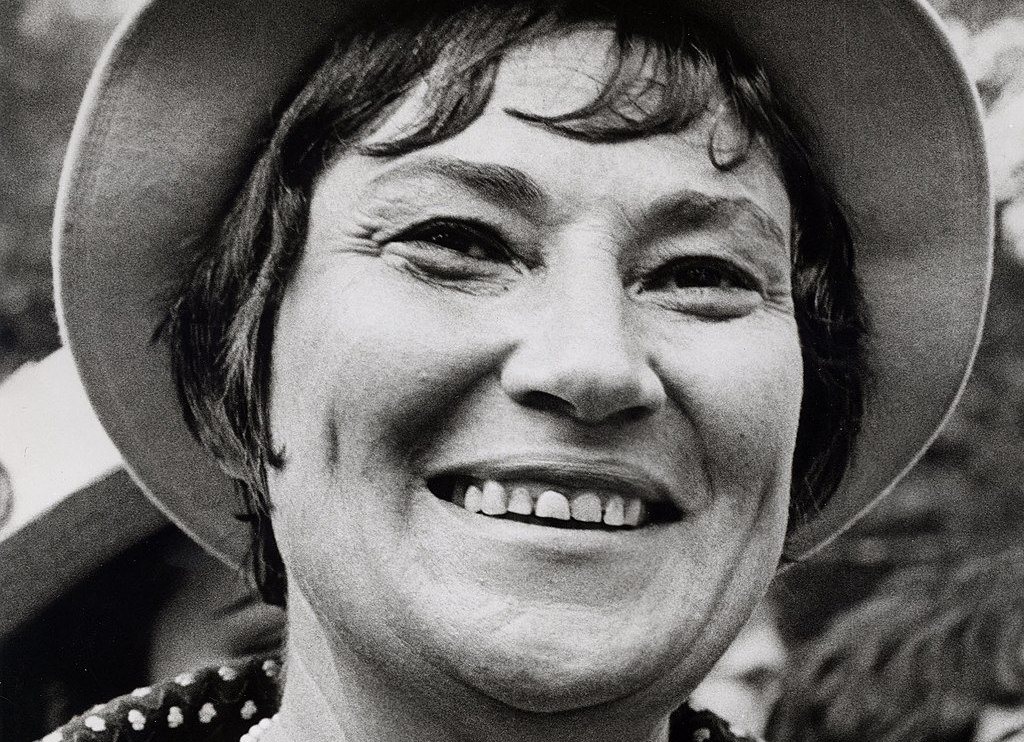
Bella Abzug was a U.S. congresswoman and lawyer who founded several liberal political organizations, supported women’s rights, and strongly opposed the Vietnam War. Nicknamed “Battling Bella,” she was known as one of the most colorful and controversial House members during the 1970s.
Abzug’s first campaign slogan was, "This woman's place is in the House — the House of Representatives." Alongside other leading feminists, including Gloria Steinem, Shirley Chisholm, and Betty Friedan, she was a founder of the National Women's Political Caucus and became a leading figure in what is now known as eco-feminism. She only served three terms in Congress, but her political aptitude and unflappable determination helped inspire an entire generation of women and created a new model for future congresswomen.
Abzug was born in New York City in 1920. She majored in political science at Hunter College of the City University of New York while simultaneously attending the Jewish Theological Seminary of America. She then earned a law degree from Columbia University in 1944 at a time when very few women practiced law. While there, she specialized in labor law and became editor of the Columbia Law Review.
As a lawyer, Abzug focused on labor rights, tenants' rights, and civil liberties cases. She was an outspoken advocate for the Equal Rights Amendment and worked for the American Civil Liberties Union (ACLU) and the Civil Rights Congress. In 1961, she founded Women Strike for Peace and chaired the organization until 1970. She protested the nuclear arms race and, later, the American military commitment in Vietnam.
In 1970, at the age of 50, Abzug was elected to the House of Representatives for New York City’s 19th district. She made waves in congress as a founder and chair of several of the country’s first and foremost liberal political organizations for women. She supported a women’s credit-rights bill, abortion rights, child care legislation, gay rights, and introduced the first federal gay rights bill, known as the Equality Act, of 1974.
Abzug was reelected to the House in 1972 and 1974 from the redrawn 20th district, but ended her political career after an unsuccessful bid for the Democratic nomination for the U.S. Senate in 1976. She returned to private law practice in 1980, but remained a high profile public figure. She founded a grassroots organization called Women USA and co-founded the Women's Environment and Development Organization (WEDO).
In 1994, Abzug was inducted into the National Women's Hall of Fame and received a medal from the Veteran Feminists of America. In 1997, she received the highest civilian recognition and honor at the U.N., the Blue Beret Peacekeepers Award. She died the following year at age 77 from complications following open heart surgery.
